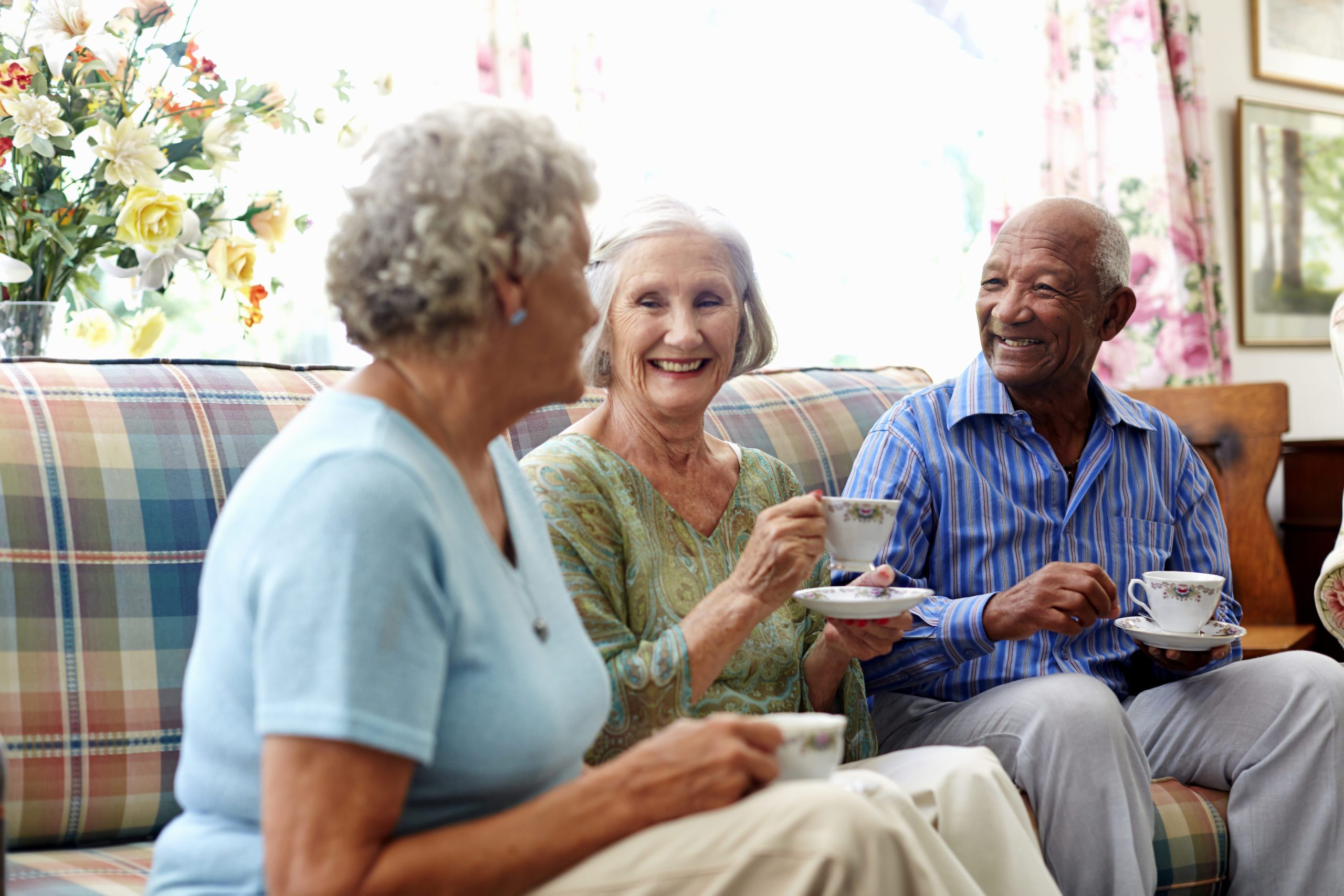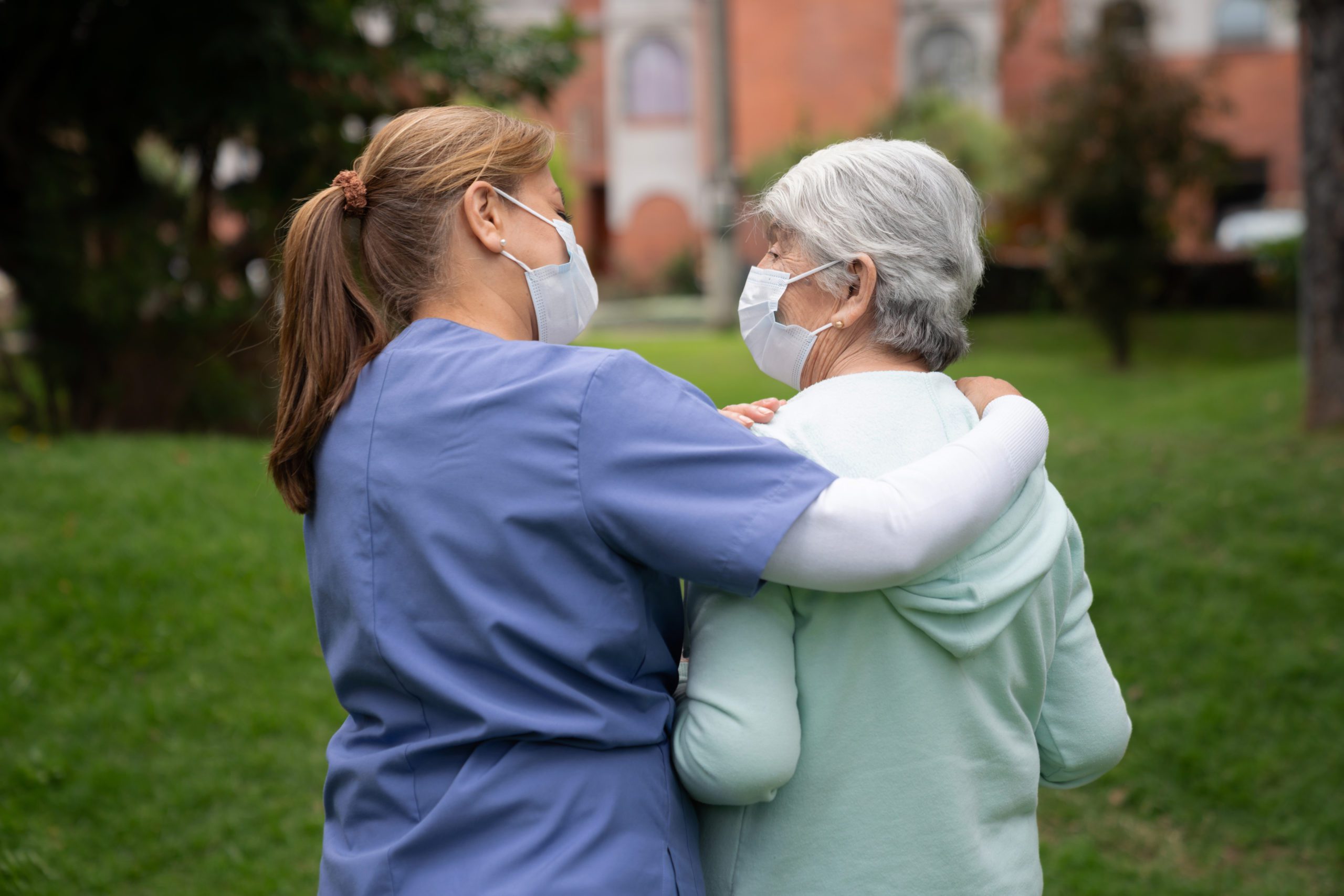Haga clic aquí para leer este boletín en español.
Just like changes in thinking, changes in emotions and social relationships can occur as we age.
To explore these changes, Brain Health Registry (BHR) researchers are collaborating with Drs. Virginia Sturm and Jennifer Yokoyama at the University of California, San Francisco Memory and Aging Center (UCSF MAC).
For this research, BHR participants are receiving emails inviting them to complete the Emotions and Social Relationships Questionnaire on the BHR website. The questionnaire asks about emotions, social interactions, and a person’s feelings and actions in certain situations.
Your responses can help us gain a deeper understanding of emotions, brain health, and how social people are.
Emotions and Alzheimer’s disease
In 2013, Drs. Sturm and Yokoyama published a study showing that individuals with Alzheimer’s disease display heightened emotional contagion — the unconscious mirroring of another person’s emotions and behaviors. Emotional contagion is common and helps create and strengthen social bonds.

The researchers also found that changes in the right temporal lobe, a brain region involved in processing social cues and emotion, were associated with this increased emotional sensitivity.
Understanding the emotional dimension of Alzheimer’s and other dementias can have an impact on caregiving and disease management. For example, if someone with Alzheimer’s disease copies their caregiver’s emotions, it’s important for the caregiver to remain calm, rather than growing agitated or frustrated.
Current research
The 2013 study, among others, has led to further inquiry into the complex interplay of behavior, emotions, and brain health. The MAC and BHR scientists’ current research focuses on measuring which emotions people experience across the lifespan and how individuals of different ages empathize and interact with others.

According to Dr. Sturm, “Emotions and social behavior are windows into brain functioning that can offer new insights into our physical and mental health. The goal of our current BHR collaboration is to investigate whether certain patterns of emotional responding and social behavior promote brain health, and whether others might suggest changes in brain functioning.”
We plan to refer all BHR members to take the Emotions and Social Relationships Questionnaire on a rolling basis. If you haven’t yet received your invitation, please be patient and keep an eye on you email inbox.
—
Finally, this Thanksgiving, we want to take a moment to express our deep appreciation and gratitude for all our Brain Health Registry participants. We’ve said it before, but it bears repeating: we couldn’t do this without each of you! Thank you, from the entire Brain Health Registry team!




